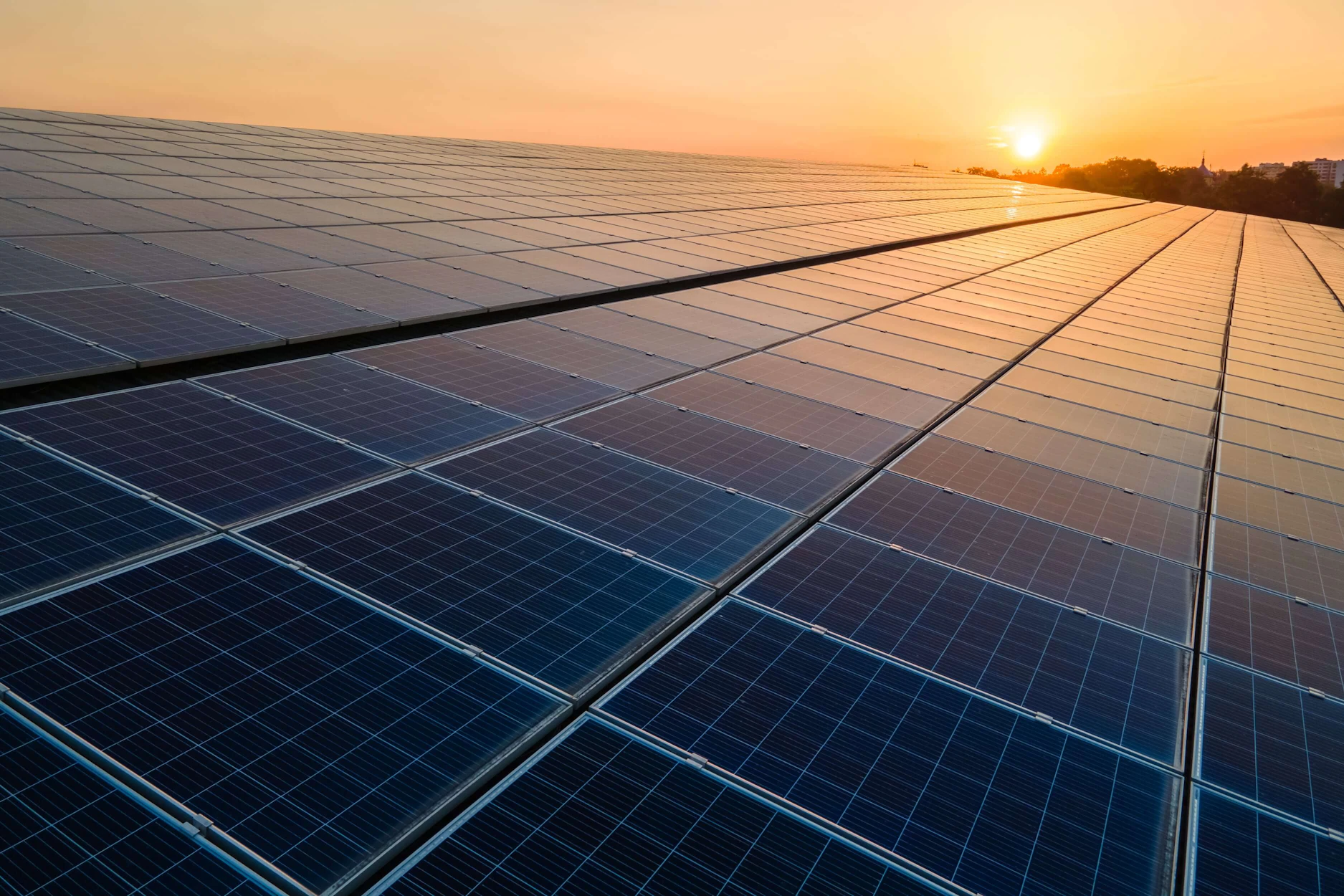Islamabad, Pakistan is on the verge of losing $300 million in concessional financing from the World Bank after abruptly shelving a flagship 300-megawatt floating solar power project planned for the Tarbela Ghazi corridor.
Despite years of feasibility studies, contractor selection, and international backing, the project was excluded from the country’s 2025–2035 power generation plan by the Ministry of Energy. The decision follows the Water and Power Development Authority’s (WAPDA) failure to secure ministerial support, effectively halting what experts called a “game-changing” clean energy initiative.
The floating solar plant promised one of the lowest tariffs in the region just 2.98 cents per unit, cheaper than nearly 120 existing thermal generation units. It was projected to recover capital costs within five years and save over $72 million annually in foreign exchange.
Strategically located near existing hydropower infrastructure, the project required no new transmission lines, minimizing costs and delays. It also offered water conservation benefits by reducing evaporation from reservoirs critical amid Pakistan’s growing water stress and unresolved disputes under the Indus Waters Treaty.
The World Bank has expressed dissatisfaction with the cancellation, warning that continued indecision could damage Pakistan’s credibility with international donors and discourage future investment in renewable energy.
Energy analysts say the move reflects a troubling pattern of institutional inertia and short-term planning, with Pakistan retreating from innovation while global powers accelerate their clean energy transitions.
TWW - The World Wide: Global News,Local Impact.

